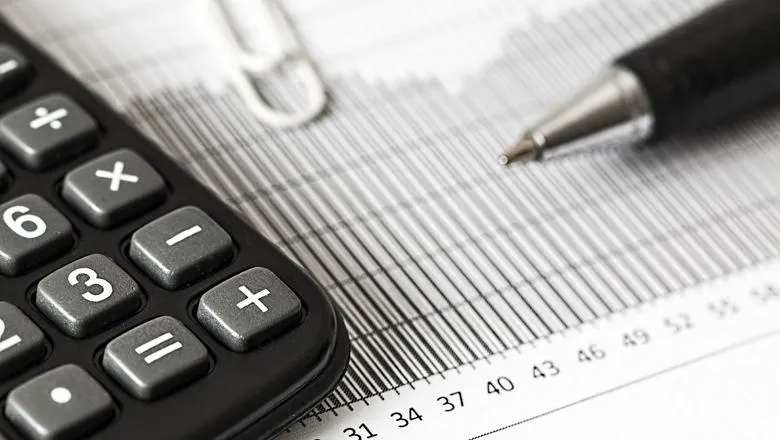Our research shows that wealth taxes were often emergency taxes used in times of major economic crises. Against this backdrop, the recent COVID-19 crisis and the strong economic downturn in many countries around the world due to lockdown measures might make the re-introduction of net wealth taxes much more likely.
Dr Julian Limberg
16 December 2021
Are we about to see the return of wealth taxes?
The COVID-19 pandemic and the resulting economic downturn could herald the return of wealth taxes, according to a new study.

Governments around the world have historically turned to taxes on net wealth in times of national crises and the social and economic fallouts prompted by the pandemic make a return to taxation on the wealthiest “much more likely”.
The findings of the study, co-authored by Dr Julian Limberg, from King’s College London, and Dr Laura Seelkopf, from the University of St Gallen, were revealed in the Journal of European Public Policy.
The academics said: “Although redistribution and reducing inequality are at the heart of today’s discussions about wealth taxation, fiscal imperatives in times of economic crises have historically prevailed. Expanding tax progressivity was a by-product, but not the main goal of wealth taxation.
“Mostly, where they have been introduced, we found that wealth taxes have been reactions to economic shocks and accompanying fiscal problem pressure.”
As part of the study, Dr Limberg and Dr Seelkopf analysed the history of taxation from 45 countries and traced the origins of the net wealth tax back almost 150 years. However, unlike income tax, inheritance tax or corporation tax, wealth taxes have not been universally adopted by nations, with some – like the UK and US – never having adopted a tax on net wealth.
The academics found that the outbreak of war had a slight effect on the likelihood of a wealth tax being introduced but it was economic shocks in the form of major recessions that were the primary drivers.
The academics added: “Our research shows that wealth taxes were often emergency taxes used in times of major economic crises. Against this backdrop, the recent COVID-19 crisis and the strong economic downturn in many countries around the world due to lockdown measures might make the re-introduction of net wealth taxes much more likely.
“And, just like previous crises, wealth taxes that are levied as crisis measures could remain in place long after the pandemic shock has been overcome – turning emergency taxes into long-term government fiscal policy tools as many other times before in history.”
You can read the paper in full here.
